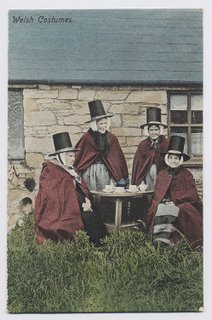1. It's a comedy. (Even if English readers have read the book, they probably need to have read a new translation to know this. The older English translations tend to be romantic and serious and even leave out some of the jokes.)
2. Don Quixote's real name is neither Don nor Quixote.
3. The tilting-at-windmills thing happens almost at the beginning of the book and takes up about half a page; so if that's what people mention when they talk about Don Quixote it's almost certainly because they haven't read the rest.
This drawing is by Picasso. Oh dear. Perhaps he hadn't read the book, either.
4. Don Quixote is actually two books, the original book and its sequel.5. Just as Cervantes was finishing the sequel some anonymous idiot brought out a rubbish sequel of his own.
6. Cervantes reacted to this disaster by having loads of characters in the story say stuff like I liked the first book about your adventures, Don Quixote, but the second one was awful. This was both very clever and ridiculously post-modern.
7. Anyone who knows Don Quixote's real name has read right to the end.
8. Don Quixote is a kind, clever, good and honest man. Though he is, admittedly, nuts.
9. Don Quixote's lady-love, Dulcinea del Toboso, doesn't exist all that much.
10. Don Quixote's servant, Sancho Panza, gets to be the governor of an island that's so extra-special that doesn't even bother with the surrounded-by-water thing.
It now occurs to me that anyone who hasn't read Don Quixote and has got this far has just utterly disproved my opening sentence.
Ah well.
Word To Use Today: quixotic. This word describes someone who spends a lot of time trying to help people without much (if any) realistic chance of success. The word comes from dear old Don Quixote.


















